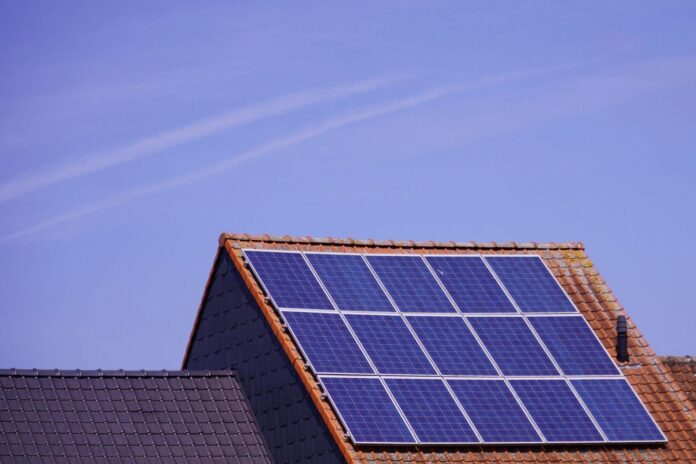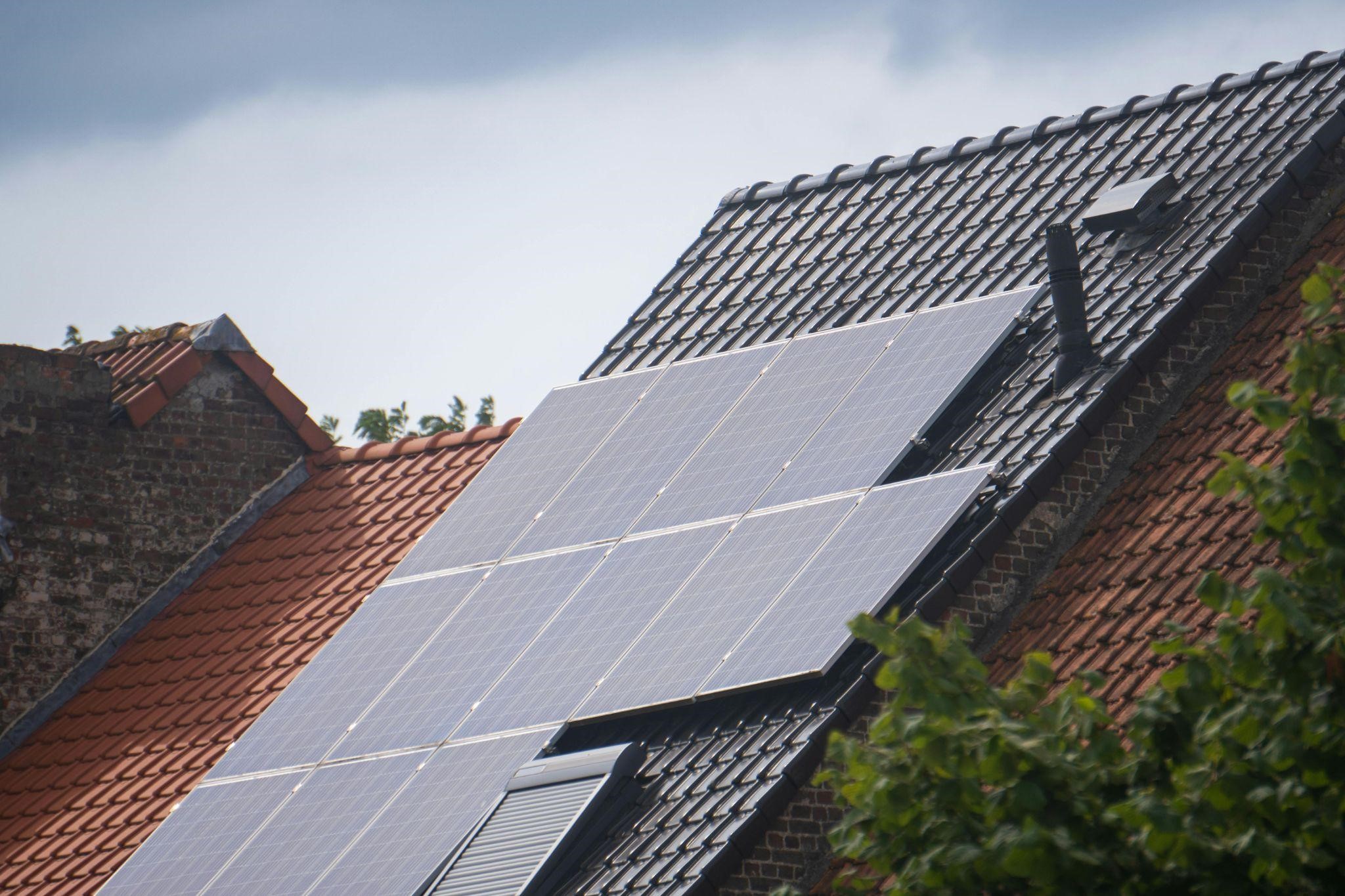
Introduction
In the battle against climate change, solar power stands as one of our most promising weapons. As nations around the world look for solutions to reduce their carbon footprints and transition to cleaner energy, solar panels are emerging as a key player in shaping a more sustainable and greener future. Beyond their ability to produce clean energy, solar panels are also helping individuals and businesses lower electricity bills, making them an attractive investment both environmentally and financially. But how exactly are solar panels shaping the planet’s future? And what is the true environmental impact of these renewable powerhouses? In this article, we’ll explore the surprising ways solar panels are contributing to a cleaner world, examining their environmental benefits, their role in reducing carbon emissions, and the financial savings they bring to millions.
The Clean Power of the Sun
The process by which solar panels generate energy is deceptively simple. Solar panels are made up of photovoltaic (PV) cells, which convert sunlight into electricity. When sunlight hits these cells, it excites the electrons within them, creating an electric current that can be used to power homes, businesses, and even entire communities. This process of harnessing sunlight is entirely clean, requiring no fuel or polluting byproducts. Unlike fossil fuels, which release harmful pollutants like carbon dioxide (CO2) and other greenhouse gases into the atmosphere, solar energy generation is emission-free, making it one of the cleanest sources of energy available.
As the world grapples with rising carbon emissions, solar panels are offering a powerful solution to reduce these emissions and mitigate the effects of global warming. Unlike conventional power plants that rely on coal, natural gas, or oil, solar power doesn’t release harmful substances into the atmosphere. By making the switch to solar, countries, cities, and individuals are directly contributing to a decrease in global carbon emissions, which in turn helps slow the pace of climate change.
Lower Electricity Bills, Greater Savings
One of the most compelling reasons for adopting solar power is the financial benefit. Solar panels not only contribute to environmental preservation, but they also help individuals and businesses lower electricity bills. Traditional energy sources, such as coal and natural gas, often result in fluctuating and rising energy prices due to supply and demand or geopolitical factors. Solar energy, on the other hand, is generated from a renewable source—the sun—making it a more stable and predictable energy option.
By installing solar panels, homeowners and businesses can generate their own electricity, reducing or even eliminating their dependence on the grid. For households, this can mean a significant decrease in monthly energy bills, freeing up money for other purposes. For businesses, the savings on energy costs can add up to substantial financial benefits over time, improving profitability and providing a competitive edge in an increasingly eco-conscious market.
In addition, many governments around the world offer incentives such as tax credits, rebates, and other financial incentives to encourage the adoption of solar energy. These incentives can significantly reduce the upfront cost of installing solar panels, making them more affordable for consumers and accelerating the transition to clean energy. For both residential and commercial users, solar panels can pay for themselves within a few years, after which the electricity they generate is virtually free.

The Environmental Benefits of Solar Power
The environmental impact of solar panels extends far beyond their ability to reduce electricity costs. From reducing greenhouse gas emissions to conserving natural resources, solar power is transforming the way we think about energy production and consumption. Here are just a few of the key environmental benefits of solar panels:
Reduction in Greenhouse Gas Emissions
Perhaps the most significant environmental benefit of solar panels is their ability to reduce greenhouse gas emissions. The burning of fossil fuels for energy is the largest source of CO2 emissions globally, contributing to climate change and poor air quality. By switching to solar energy, individuals, businesses, and governments can directly reduce their carbon footprint. For every kilowatt-hour (kWh) of electricity generated by solar panels, approximately 0.92 pounds of CO2 emissions are avoided. As more solar panels are installed worldwide, the cumulative reduction in CO2 emissions can have a profound impact on global warming.
Conservation of Water
Traditional power plants, especially those that use coal or natural gas, require large amounts of water for cooling purposes. In contrast, solar power requires no water to generate electricity. This means that solar panels contribute to the conservation of water resources, which are becoming increasingly scarce in many parts of the world. As water stress increases due to population growth and climate change, the water-saving aspect of solar energy becomes even more important.
Reduction in Air Pollution
The combustion of fossil fuels for energy production releases not only CO2 but also harmful pollutants such as sulfur dioxide (SO2), nitrogen oxides (NOx), and particulate matter. These pollutants contribute to smog, acid rain, and respiratory illnesses. Solar panels, by contrast, produce no air pollution during their operation. By reducing the reliance on fossil fuels, solar energy helps improve air quality, benefiting human health and the environment.
Sustainable Resource Use
Solar energy is a renewable resource, meaning it is naturally replenished and will never run out as long as the sun continues to shine. In contrast, fossil fuels are finite resources that are being depleted at an unsustainable rate. As the global demand for energy increases, the need for renewable energy sources like solar becomes even more critical. Solar panels help reduce our reliance on non-renewable resources, ensuring a more sustainable and resilient energy future.
The Role of Solar Panels in a Decentralized Energy Future
In addition to the environmental and financial benefits of solar power, solar panels are also playing a key role in the decentralization of energy production. Traditionally, energy generation has been concentrated in large power plants, often located far from where the electricity is consumed. This centralization has led to inefficiencies, high transmission costs, and increased vulnerability to power outages. Solar panels, however, allow for decentralized energy production, where electricity is generated locally, often on rooftops or in community solar farms.
This decentralization is not only more efficient but also more resilient. By generating electricity closer to where it is consumed, solar energy systems reduce the need for long-distance transmission and distribution, cutting down on energy losses and lowering costs. Moreover, in the event of a power outage, solar-powered homes and businesses with battery storage can continue to operate, ensuring energy security even during emergencies.
In cities like Antioch and beyond, local solar energy providers are playing a pivotal role in advancing decentralized energy systems. Companies such as Suntrek Solar are helping property owners adopt sustainable power solutions tailored to their needs. By installing custom systems designed to harness abundant sunlight, antioch solar energy initiatives are contributing to greater energy independence and long-term environmental benefits at the community level.
Solar Energy’s Future: A Cleaner, Greener Tomorrow
The future of solar energy looks bright. As technology continues to improve, the efficiency and affordability of solar panels are only going to increase. Advances in materials science, such as the development of perovskite solar cells, promise to make solar panels even more efficient and cost-effective. At the same time, battery storage technology is advancing, allowing for better storage of solar energy for use when the sun isn’t shining.
Solar power is also expected to become an even more integral part of the global energy mix. Many countries have set ambitious goals for renewable energy adoption, and solar energy is poised to play a central role in meeting those targets. With the growing recognition of the environmental and economic benefits of solar energy, more individuals and businesses will likely invest in solar panels, contributing to a cleaner, greener world.
Conclusion
Solar panels are not just a passing trend—they are a cornerstone of the clean energy revolution. By harnessing the power of the sun, solar energy is reducing carbon emissions, conserving water, improving air quality, and helping individuals and businesses lower electricity bills. The environmental impact of solar panels is undeniably positive, and as more people and countries embrace this renewable energy source, the planet will benefit from a more sustainable and resilient energy future. Whether you are looking to reduce your carbon footprint, save money on electricity, or contribute to a cleaner world, solar panels offer a powerful solution that is both practical and impactful. With their continued growth and innovation, solar power is truly shaping a greener tomorrow for us all.
Find a Home-Based Business to Start-Up >>> Hundreds of Business Listings.













































